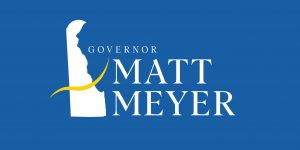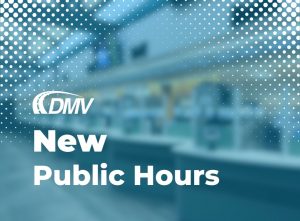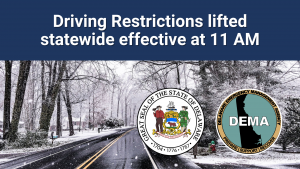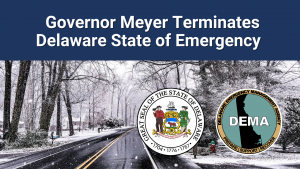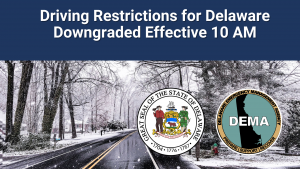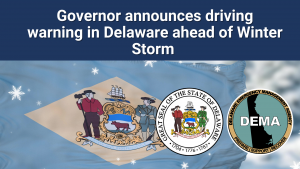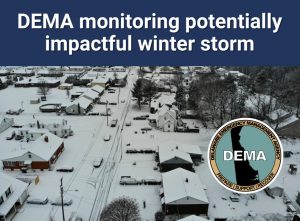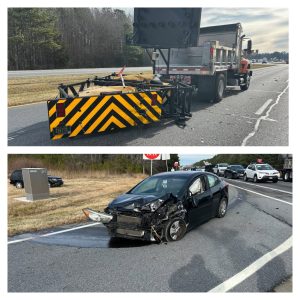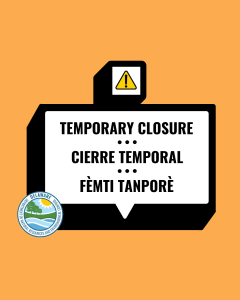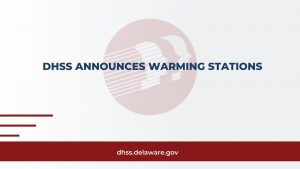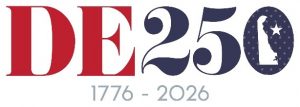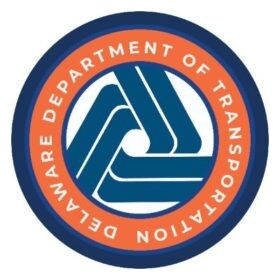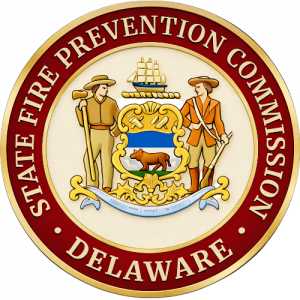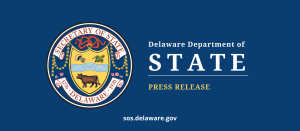$500 Million Increase over five years would improve roads and bridges, create jobs, and implement recommendations of Transportation Trust Fund Task Force
Wilmington, DE – Governor Jack Markell is asking legislators and Delawareans to support an increase in the state motor fuels tax as part of a plan to create a reliable revenue stream for the state’s Transportation Trust Fund (TTF), significantly boost spending on transportation projects statewide and put thousands of Delawareans to work over the next five years.
Delaware’s motor fuels tax has not been increased in the last 19 years (since 1995). The rates are .23 cents per gallon for gasoline and .22 cents per gallon for special fuels, including diesel. A ten-cent-per-gallon increase in motor fuel and special fuel taxes would generate an additional $50M for the trust fund that pays for roads, bridges and other essential transportation elements. The estimated additional cost to motorists would by $57 per year or $4.78 per month.
Under Governor’s Markell’s plan, increased motor fuels tax revenues would be coupled with a fiscally-responsible borrowing strategy that keeps DelDOT on track to paying down debt. Fifty million dollars would be borrowed each year for five years by DelDOT to fund already-identified, but delayed construction projects that address safety, congestion and maintenance needs under the State’s Capital Transportation Plan, Paving program and State of Good Repair initiative. The combination of $50 million in new revenue and $50 million in borrowing would pay for an additional $500 million dollar investment in transportation projects statewide over five years.
Since 1999, the TTF has been dependent on fluctuating monies from state escheat funds. It has also been financially challenged for many years by a combination of stagnant or flat revenue streams, residual debt, rising operating and construction costs, increased transit expenses, ongoing maintenance requirements, and steadily rising demand for new projects to keep pace with economic expansion and traffic growth. These challenges have caused the postponement or delay of more than 55 road projects in the current fiscal year. Deferral of projects leads to higher future costs in system maintenance, construction costs and right-of-way acquisition.
The Governor is acting on recommendations of the Transportation Trust Fund Task Force
The Governor’s proposal comes in response to recommendations made by a bi-partisan Transportation Trust Fund Task Force, established by House Bill 500 (Section 112), composed of 24 members representing the Delaware General Assembly, various state agencies and other stakeholders form the public and private sectors. In establishing the Task Force, legislators recognized the need for a comprehensive review of transportation demands and funds available to meet to the state’s needs, calling for “predictable and sustainable funding to improve and maintain Delaware’s transportation system.”
“The TTF has experienced insufficient revenues over a significant period, managed only by the delay of necessary capital projects, in order to size the budget to meet available revenues.”
from the 2011 Transportation Trust Fund Task Force Report
DelDOT has made considerable effort over the last two years to reduce operational costs and increase efficiency as part of the Governor’s Performance Review process. These actions included reducing consultant costs, reducing overtime, limiting cell phone usage, renegotiating contracts, eliminating vacant positions, improved technology and service delivery to increase efficiencies and reduce waste.
In addition, in the last two fiscal years the agency did not increase its operating budget and has reduced its debt while introducing performance management principles in every operating division, adopting a data-driven process for developing the state’s Capital Transportation Plan and restructuring its transit operations to achieve financial sustainability.
As significant as these actions are in creating efficiency and controlling costs, they alone are not enough to close the gap necessary to adequately fund the TTF.
Statements from the Governor, Secretary of Transportation and others supporting the plan
Governor Jack Markell said, “When it comes to funding transportation, there are no Democrat bridges or Republican roads. Citizens and legislators know we have numerous unmet transportation needs in our state, yet we have asked DelDOT to labor under a funding process that has been broken for more than a decade. The costs of not fixing it are real in terms of projects delayed, jobs not created, safety compromised and economic growth hindered. Now is the time to repair the situation and spur our state’s economy forward.”
Transportation Secretary Shailen Bhatt said, “Efficient transportation agencies that are responsive to the people they serve need consistent and reliable funding from year to year, and decade to decade. Without it, needed projects take longer to plan, become more expensive to build, and can sometimes be delayed for months or years beyond when they should have been built. Our planners and engineers, as well as our industry partners, need the certainty that a properly-funded transportation trust fund provides. Motorists need to know the roads they will be driving on now and in the future are as safe and congestion free as we can reasonably make them.”
Paul Morrill, Executive Director of the Committee of 100 and member of the Transportation Trust Fund Task Force said, “It was just obvious to the Task Force when we were meeting as we learned all of the challenges facing the Trust Fund that we were going to have to do something about it. I think that task force report has stood the test of time, so I’m glad to see that we’re moving toward implementing it… It’s not a partisan issue. It’s a competition issue, however. As the Governor often points out, we’re in a global competition in a global economy and without a world class infrastructure, we’re simply not going to be competitive. And that’s what our surrounding states have all recognized. We need to make this investment… It’s unprecedented I think the level of cooperation between the broad based business community and labor around a single issue.”
Ted Williams, President of Landmark Science & Engineering, former chairman of American Council of Engineering Companies of Delaware, and Chair of the Transportation Trust Fund Task Force said, “This is a very minimal impact on the average household in Delaware… but it’s going to be a major impact as an economic driver on the State of Delaware. Also, it’s going to be able to bring projects forward, especially the safety projects that are very instrumental in keeping our citizens safe, [and those that] allow our citizens to move around the state. It will also allow us to attract new businesses to Delaware and also keep the businesses in Delaware that are currently here.”
Sam Lathem, President Delaware State AFL-CIO said, “We need jobs and I can stand here and say I think [the Governor has] come up with the best way to do that in the borrowing and the revenue part of it. And so we knew it would cost and I think we all were at the place where we were ready to take that on… We stand united. We stand supporting the Governor and the Administration in trying to create jobs and put working men and women back to work.”
Transportation Investment Plan Facts
Transportation Trust Fund Task Force Recommendations
Delaware’s Transportation Trust Fund Task Force recommended several revenue-generating alternatives, including an increase in the state gasoline tax, in order to “correct a structural problem in the TTF.” The Task Force developed a list of options to address the TTF financial challenge. The options included (but were not limited to):
- Transferring DelDOT operating costs from the TTF back to the General Fund, over an extended period of time;
- Transit fees and greater general fund support for paratransit;
- Increasing one or more of the traditional trust fund revenues (tolls, gas taxes, DMV fees);
- Creating new fees payable by the general public and/or the users of the public infrastructure or Department services;
- Increasing the TTT borrowing, thereby requiring less new revenues;
- Decreasing the TTF borrowing, thereby requiring more new revenues;
- Using one or more techniques of innovative transportation financing (e.g. a lease concession on existing/to be built toll roads) with appropriate oversight of any proposed transaction by Executive and Legislative leaders
The Task Force left the selection of revenue alternatives for consideration of implementation to the Governor and the General Assembly.
The Task Force studied the entire transportation program for the period Fiscal Year 2012-2023 and concluded that total spending for transportation expenses over the period could reasonably be estimated to total $12.4 billion and that current revenue streams will support only 70% of those needs. The result of that imbalance, if not corrected, says the report, will be either the elimination of all new capital projects by 2017 or severe reductions in the Department’s Core Program resulting in an accelerated deterioration of Delaware’s transportation infrastructure.
The national recession of 2007-2009 caused TTF revenue decreases. The Task Force expressed concern about the potential negative impact such deterioration would have on the state’s economic competitiveness and ability to attract jobs.
The Transportation Trust Fund Task Force report also said that due to ongoing pressure on the General Fund and the inconsistent nature of the Escheat transfer to the Department, the Task Force decided that in order to represent a more accurate needs scenario, all future receipts of escheat funds should be removed from the financial projections and needs analysis.
Current and Proposed State Motor Fuel Taxes
The last increase in the Delaware motor fuel tax occurred in 1995. From 1995 through 2013, motor fuel tax revenues have grown by 25%, while the Consumer Price Index (CPI) has increased by 51%.
Over the next 7 years (FY 2014-FY 2020), motor fuel tax revenues are forecasted to decrease by 0.8% annually while the CPI has been increasing at an annual average rate of 2.4%.
The current Delaware Motor Fuel Tax rates are $.23 per gallon of gasoline and $.22 per gallon of special fuels.
The proposed rates would be $.33 per gallon of gasoline and $.32 per gallon of special fuels, with indexing to CPI.
Impact on Average Consumer
The average motorist drives 13,476 miles annually, averaging 23.5 miles-per-gallon, purchasing 573 gallons of gas a year. 573 gallons X $.10 = $57 additional cost annually, which equates to $4.78 additional per month.
Comparison with Other States in the Region
- PA full tax plan to be phased in by 2018. From current $0.418 + $0.19 to $0.608 per gallon.
- MD estimate based on anticipated CPI and Sales Tax by 2016. From current $0.270 + $0.165 to $0.43 per gallon.
Risks and Returns on Transportation Investments for Delaware’s Future
What is the risk of doing nothing?
- Escalated infrastructure deterioration, where pavement conditions worsen; pavement reconstruction costs are 5X more than preservation
- Bridge conditions decline
- Delayed safety and capacity improvements
- Increased congestion on roadways
- DMV wait times increase
- Risk of losing federal funding
- Employment impacts on the contracting community
- Potential adverse impact to credit rating
What is the return on investment?
- Maintain a safe and reliable transportation system
- Put thousands of people back to work
- Fix a shortfall in revenues in the Transportation Trust Fund
- Create a sustain stream of revenue
- Maintain long term financial viability for DelDOT and transportation projects









